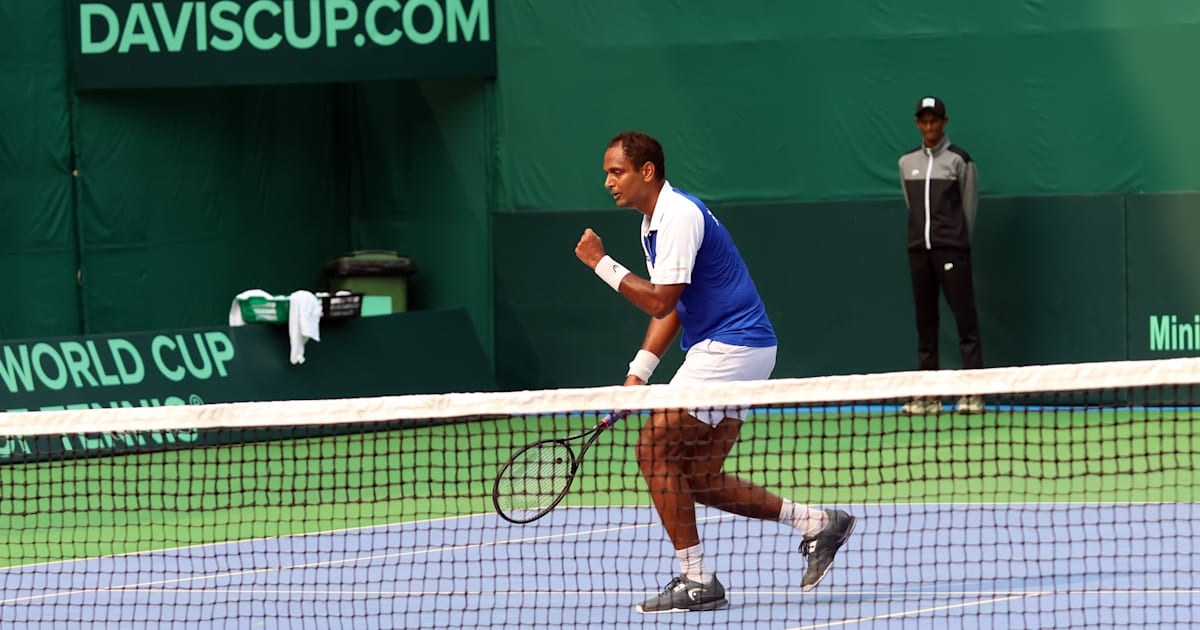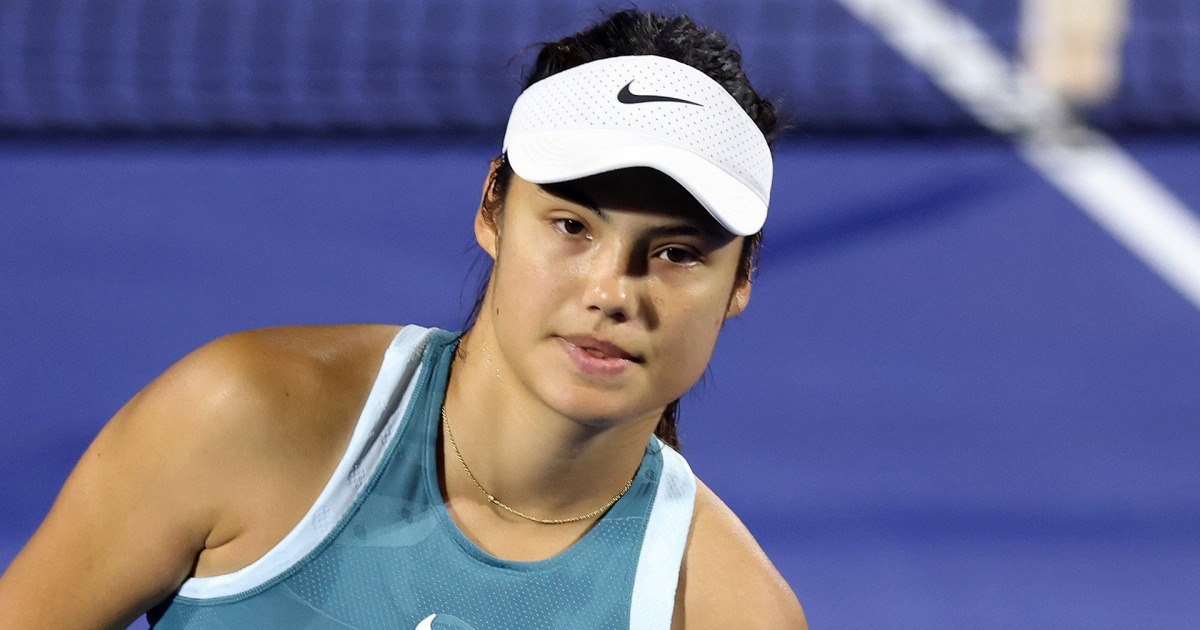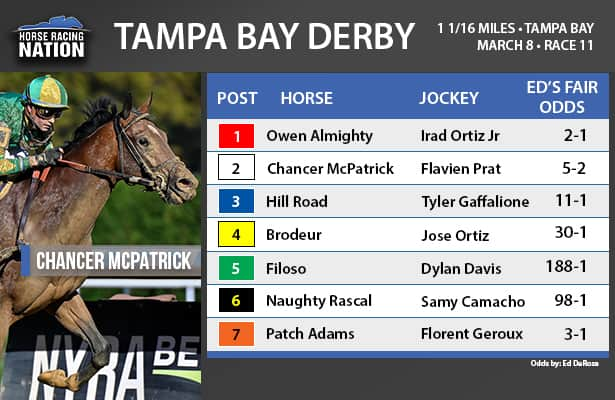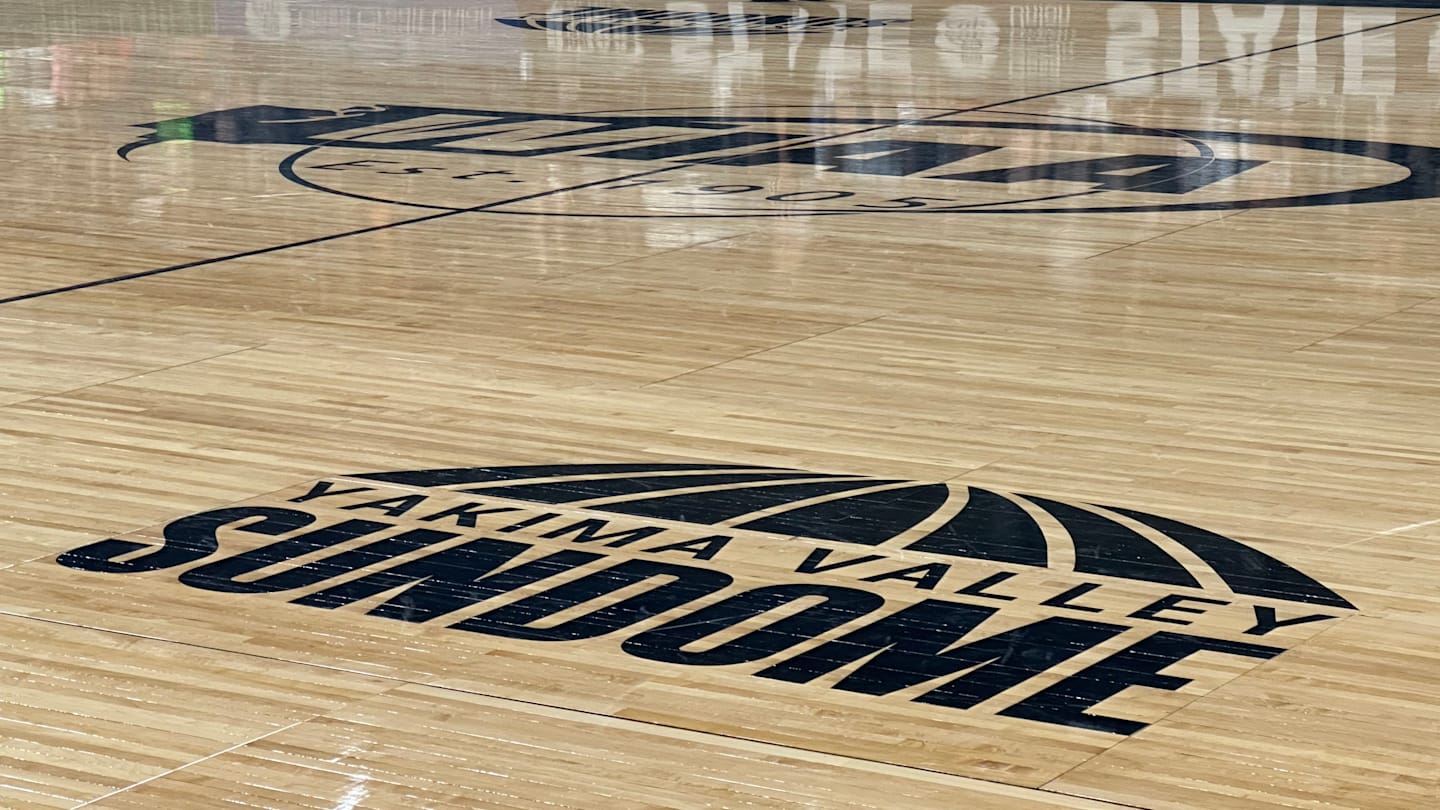The autumn-like weather that arrived in New York City this week reminds us of two things. Kids are going back to school soon. And the U.S. Open is back in session.
Here are five storylines to watch for the final tennis major of the year, which begins on Aug. 26 at the Billie Jean King National Tennis Center.
Coco’s Revenge
After Coco Gauff won her first Grand Slam singles title at the U.S. Open a year ago, becoming the first American teenager to win the tournament in nearly a quarter-century, expectations rose for the emerging superstar. And while being ranked No. 3 in the world is nothing to sneeze at, Gauff’s 2024 has been fairly rocky.
While some other stars skipped the Olympics, she embraced the Games, and was even named as a flag bearer for the opening ceremonies. But she fell in round of 16 in both singles and doubles—where she and partner Jessica Pegula were the top seed—and also got knocked out, along with partner Taylor Fritz, in the mixed doubles quarterfinals. “At the end of the day, it’s over,” the disappointed American said after her Games ended in Paris. “I’ll try to take the positive out of it and do better next time.”
Read More: Coco Gauff Is Playing for Herself Now
In August she played in Toronto and lost her second match. Then on to Cincinnati, where Gauff lost her first match.
Gauff has performed relatively well at the majors this year: she reached the semis of the Australian Open and the French Open, while losing in the Wimbledon round of 16. But if she wants to repeat in New York, she might want to summon the doubters—real or imagined—who were “really adding gas” to her fire a year ago and helped propel her to a rousing victory in front of a home crowd. She’ll have plenty of fan support, and a second consecutive U.S. Open would make Gauff’s year an unqualified success. And she’s only 20.
Sinner’s Sins?
The world’s top-ranked men’s player, Jannik Sinner of Italy, is (kinda sorta?) embroiled in a doping controversy, casting an unwelcome shadow over the tennis proceedings. Sinner twice tested positive, in March, for trace amounts of a banned steroid; he denied intentionally using the substance, clostebol, instead claiming that it got in his system via a physiotherapist treating him with an over-the-counter spray purchased in Italy. A tennis integrity investigation found Sinner’s explanation “credible,” and a tribunal concluded that the amount of steroids he took were so small they would not have had “any…performance enhancing effect on the player.” Sinner was stripped of his results, ranking points and prize money at the Indian Wells tournament in March, since players are ultimately responsible for what they put in their body, unintentionally or otherwise.
Read More: Novak Djokovic Grabbed the Only Thing Missing on His Mantle, an Olympic Gold Medal
These findings, unsurprisingly, have other players griping. “Different rules for different players,” Canadian pro Denis Shapovalov wrote on X. “Can’t imagine what every other player that got banned for contaminated substances is feeling right now.” Nick Kyrgios said: “Whether it was accidental or planned. You get tested twice with a banned (steroid) substance… you should be gone for two years.”
Sinner plays on. The further he advances in New York City—Sinner won the season’s other hard-court major, the Australian Open—the more questions are sure to arise.
Sabalenka’s Sorrow
Aryna Sabalenka has had an extremely difficult year. Her ex-boyfriend, Konstantin Koltsov, died in an “apparent suicide” in March in Miami, where Sabalenka was playing in the Miami Open. “I am heartbroken,” she said in response to Koltsov’s death: she played on, losing in the third round in Miami, smashing her racquet three times in frustration. She canceled her press conferences.
A stomach bug helped end her French Open, and a shoulder injury kept her out of Wimbledon.
The Belarusian stalwart, however, has returned to top form: she won the Cincinnati Open on Aug. 19, and will be a favorite to win her first U.S. Open (Sabalenka has won the last two Australian Opens). She told The Guardian that she wished she stepped aside for a bit after Koltsov’s death. “It was really emotional and really stressful, and kind of damaged my mental health at that point,” she said. “At the end I paid for my decision.”
No trophy can heal a tragedy. But Sabalenka will be easy to pull for this year.
Andy, Andy, Andy
The sentence has become almost rote at this point. “So-and-so is looking to become the first American man since Andy Roddick, in 2003, to win the U.S. Open.” In fact, no American man has won any major singles title since Roddick’s triumph 21 years ago.
Ben Shelton made a run last year, making the semis before falling to Novak Djokovic in straight sets. Frances Tiafoe, who like Shelton skipped the Paris Olympics to prep for the summer hard-court season, made the final in Cincinnati, where he lost to Sinner: that’s a promising sign of his ascendance. Tommy Paul and Fritz teamed up to win doubles bronze in Paris, but they lost their first-round matches in Cincinnati, lending credence to the “skip Paris” strategy.
An American man is still primed for a major breakthrough. One big-time problem: storyline 5.
The Once and Future GOATs
Defending U.S. Open champ Novak Djokovic, winner of 24 grand slam titles and fresh off his first Olympic gold medal, and world No. 3 Carlos Alcaraz, who won the U.S. Open in 2022 and has since won three other major championships—including the French Open and Wimbledon this year—find themselves at the opposite ends of the draw, setting up a potentially tantalizing final. Alcaraz crushed Djokovic in the Wimbledon final in July; a few weeks later, the burgeoning rivals met at the Olympic final in Paris, where Djokovic won a pair of tiebreakers to win a sterling match. Djokovic, 37, simply refuses to exit quietly. Alcaraz, 21, needs Djokovic to stop winning, so he can start chasing the Serbian’s majors haul in earnest.
Sept. 8, Alcaraz-Djokovic III? That would be one heck of a way to end this year’s major tennis campaign.














